Facebook is eating Up Your Newspaper
Daniel Fleming
Managing Director | Aperture Media
You want to create a buzz around your business. You want people talking about it, recommending it to their friends but most importantly you want them to become your customers. There are many ways to market yourself and advertising in a magazine or a newspaper is one way to do this. But is traditional media the best option out there?
No doubt traditional media still works. Ask any marketer and they’ll tell you – the key to advertising is consistency and repetition. The more you see an add, the more likely you are to be intrigued by what it is selling. Pushing your message out on TV and billboards and newspapers and leaflets over and over again will get some people’s attention whether they want to or not.
But what happens when people are no longer looking up?

What happens when their attention is no longer on what’s in front of them but embedded into their smartphones? What is the likelihood of them noticing your newspaper ad when they get their news from Facebook?
Because more of people’s attention now online than it is offline – it’s becoming increasingly more difficult for newspapers to show a positive ROI on their ads. Simply put, people are looking in a different direction. They know it, Facebook knows it and it’s time for you to become aware of this too.
So what is the best way to advertise? By going where the attention is! It just happens to be so that right now a lot of it is on Facebook. I’m sure in the future the platform may change but the approach should always remain the same. Follow the attention!
Say you do decide to publish your ad in the local newspaper. You buy a spot on page 2. You get a striking image with a compelling message that positively reflects your brand. The newspaper is published and then what? All you can do is hope that people buy it and see it.
But how do you know who sees it? How can you measure it’s effectiveness? It’s reach? You can’t tell whether they saw the full ad or just the headline. And when they do decide to purchase from you – how can you tell it’s the newspaper that got them to make that decision? Only by asking. This is why social media taking over.
Not only has Facebook made advertising a whole lot cheaper (you could reach over 100’000 people with €100 budget), it’s also made it clear and simple to see the ROI from their ads. Their tracking allows you to see who’s seen your ad, who’s engaged with it and with that information it can tell you what kind of people are most interested in your product or service. I’m only scratching the surface of the tracking abilities, the targeting is even more elaborate.
In layman terms: if you want to target a man between 40-50, who was recently in an accident, who has back pain and has used his credit card to make a purchase online in the last week – you can do it! Privacy is dead for those of us who use Facebook. But don’t be afraid of that – see it for what it is. An opportunity for you to get your message to the right people.

Consistency and repetition will remain the key to advertising but by putting an ad in front of the right person at the right time you are guaranteed to have better results than simply spreading your message out into the world and hoping for the best.
This may seem overwhelming but if you haven’t heard of Facebook advertising before I suggest you start here:
Facebook is eager to teach you more about their ads. It’s all up there and it’s all free. They want you to start advertising with them as much as traditional media does and I think it’s something everyone should at least consider as an option. Ironically, newspapers advertise themselves on social too.
At the end of the day both of them are very similar – they make the vast majority of their income from advertising. And at the end of the day it’s up to you to decide how you spend your marketing budget.
Tell Your Story
Get Video Content You Need
Whether you have a query about a commercial or corporate video project or simply have a couple of questions about our work – get in touch, we’ll help anyway we can.

